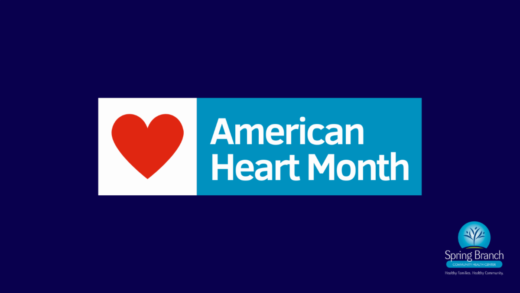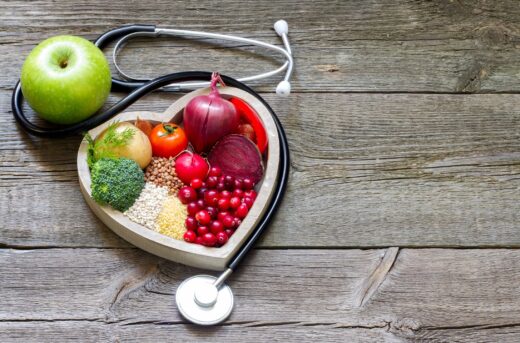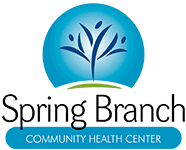February Is Heart Health Month
February Is Heart Health Month
 a time when all people can focus on their cardiovascular health.
a time when all people can focus on their cardiovascular health.
What is Heart Disease?
The term “heart disease” refers to several types of heart conditions. The most common type of heart disease in the United States is coronary artery disease (CAD), which affects the blood flow to the heart. Decreased blood flow can cause a heart attack.
What are the symptoms of heart disease?
Sometimes heart disease may be “silent” and not diagnosed until a person experiences signs or symptoms of a heart attack, heart failure, or an arrhythmia. When these events happen, symptoms may include:
- Heart Attack – Chest pain or discomfort, upper back or neck pain, indigestion, heartburn, nausea or vomiting,
extreme fatigue, dizziness, shortness of breath. - Arrhythmia – Fluttering feelings in the chest (palpitations)
- Heart Failure – Shortness of breath, fatigue, or swelling of the feet, ankles, legs, abdomen, or neck veins.
What are the risk factors for heart disease?
 Diabetes
Diabetes- Overweight and obesity
- Unhealthy diet
- Physical inactivity
- Excessive alcohol use
Heart Disease and Women
Cardiovascular disease is the No. 1 killer of women, causing 1 in 3 deaths each year – more than all cancers combined. Cardiovascular disease impacts some women at higher rates than others, but most cardiovascular diseases can still be prevented with education and healthy lifestyle changes. Cardiovascular diseases, which includes stroke, claim the life of a woman about every 80 seconds. But about 80 percent of cardiovascular diseases may be prevented.
Women need CPR, too! More and more people are surviving cardiac events — BUT NOT WOMEN. In a 2017 study of more than 19,000 people who had cardiac events: Only 39% of women received CPR from bystanders in public compared to 45% of men. Men’s odds of surviving a cardiac event were 23% higher than women’s. Be the Difference for Someone You Love. Watch the Hands-Only CPR video at heart.org and share it with the important people in your life. Be the Beat! If you are called on to give CPR in an emergency, you will most likely be trying to save the life of someone you love: a spouse, a parent or a friend.
Prevention and control
By living a healthy lifestyle, you can help keep your blood pressure, cholesterol, and blood sugar levels normal and lower your risk for heart disease and heart attack (Source CDC)
To learn more visit www.cdc.gov/heartdisease/index.htm

